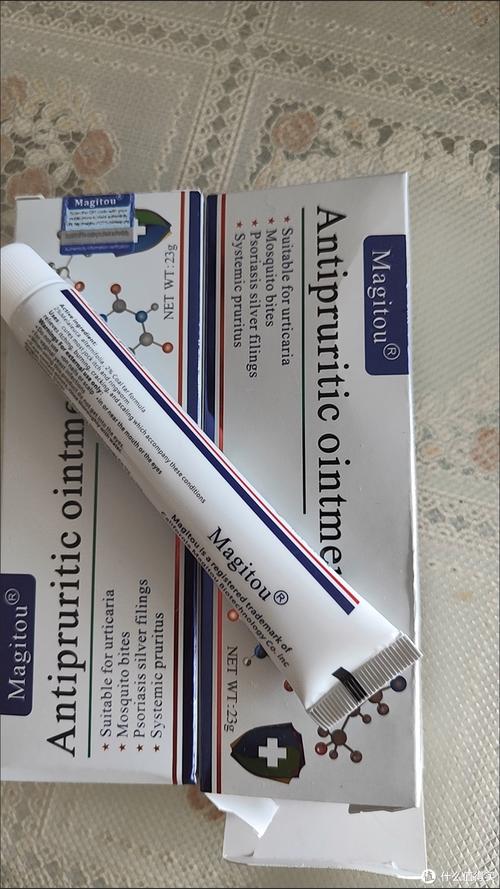
Understanding Your Allergic Reaction to Mosquito Bites
Are you one of those unfortunate souls who break out in a rash or suffer from severe allergic reactions after being bitten by a mosquito? If so, you’re not alone. Mosquito bites can trigger a range of allergic reactions, from mild to severe. In this article, we’ll delve into the details of what causes these allergic reactions, how to identify them, and what you can do to manage them effectively.
What Causes Allergic Reactions to Mosquito Bites?
When a mosquito bites, it injects its saliva into your skin. This saliva contains proteins that can trigger an allergic reaction in some people. The immune system recognizes these proteins as foreign invaders and responds by releasing histamines and other chemicals, which cause the symptoms of an allergic reaction.

Here’s a breakdown of the key factors that contribute to allergic reactions to mosquito bites:
| Factor | Description |
|---|---|
| Genetic predisposition | Some individuals have a genetic predisposition to develop allergies to mosquito bites. |
| Immune system response | The immune system reacts to the proteins in the mosquito’s saliva, leading to allergic symptoms. |
| Environmental factors | Exposure to certain environmental conditions, such as humidity and temperature, can increase the likelihood of an allergic reaction. |
Identifying Allergic Reactions to Mosquito Bites
Not all mosquito bites result in an allergic reaction, but it’s important to recognize the signs and symptoms to seek appropriate treatment. Here are some common indicators of an allergic reaction to a mosquito bite:
- Rash or hives: Red, itchy welts that may appear around the bite site.
- Swelling: The area around the bite may become swollen and tender.
- Pain: The bite may cause a stinging or burning sensation.
- Redness: The bite site may become red and inflamed.
- Difficulty breathing: In severe cases, an allergic reaction can cause difficulty breathing, which is a medical emergency.
Managing Allergic Reactions to Mosquito Bites
When you experience an allergic reaction to a mosquito bite, there are several steps you can take to manage the symptoms and prevent future reactions:
- Apply a cold compress: Placing a cold compress on the bite site can help reduce swelling and alleviate pain.
- Take antihistamines: Over-the-counter antihistamines can help relieve itching and reduce inflammation.
- Use hydrocortisone cream: A topical hydrocortisone cream can help reduce redness and swelling.
- Avoid scratching: Scratching can worsen the symptoms and lead to infection.
- Seek medical attention: If you experience difficulty breathing or other severe symptoms, seek immediate medical attention.
Preventing Allergic Reactions to Mosquito Bites
While you can’t prevent every mosquito bite, there are steps you can take to reduce your risk of being bitten and developing an allergic reaction:
- Use insect repellent: Apply a DEET-containing insect repellent to exposed skin and clothing.
- Wear long sleeves and pants: Covering your skin can help protect you from mosquito bites.
- Stay indoors during peak mosquito hours: Mosquitoes are most active at dawn and dusk, so staying indoors during these times can reduce your risk of being bitten.
- Remove standing water: Mosquitoes breed in standing water, so emptying containers that collect water can help reduce the mosquito population.
In conclusion, if you’re allergic to mosquito bites, it’s important to understand the causes, symptoms, and management strategies. By taking proactive steps to prevent bites and manage allergic reactions, you can minimize the impact of these pesky insects on your life.





